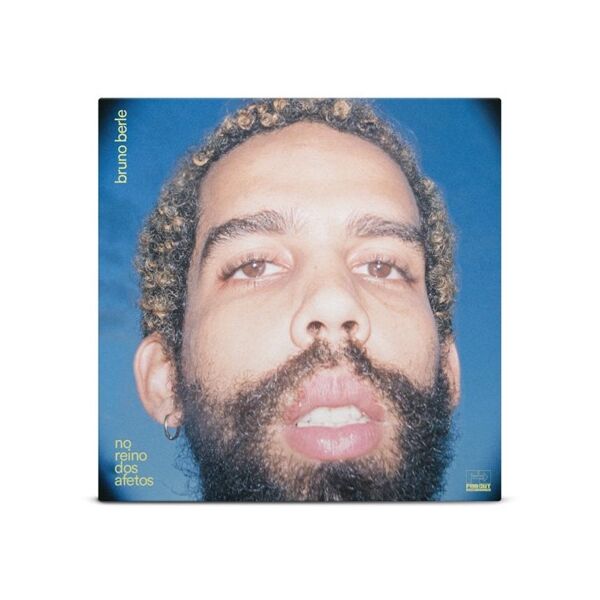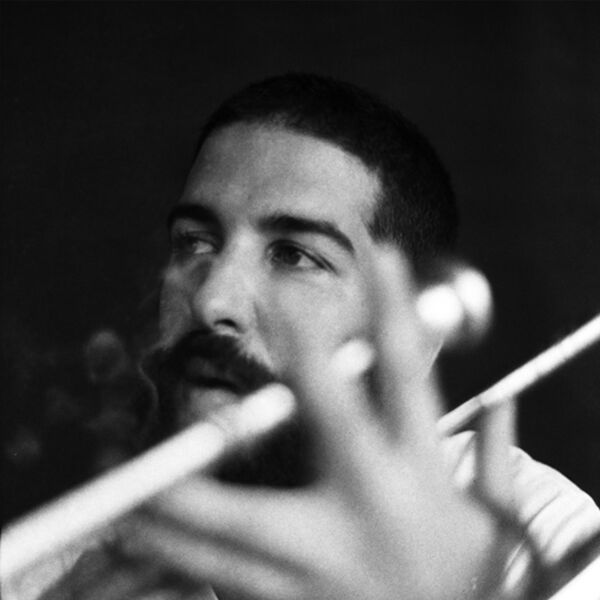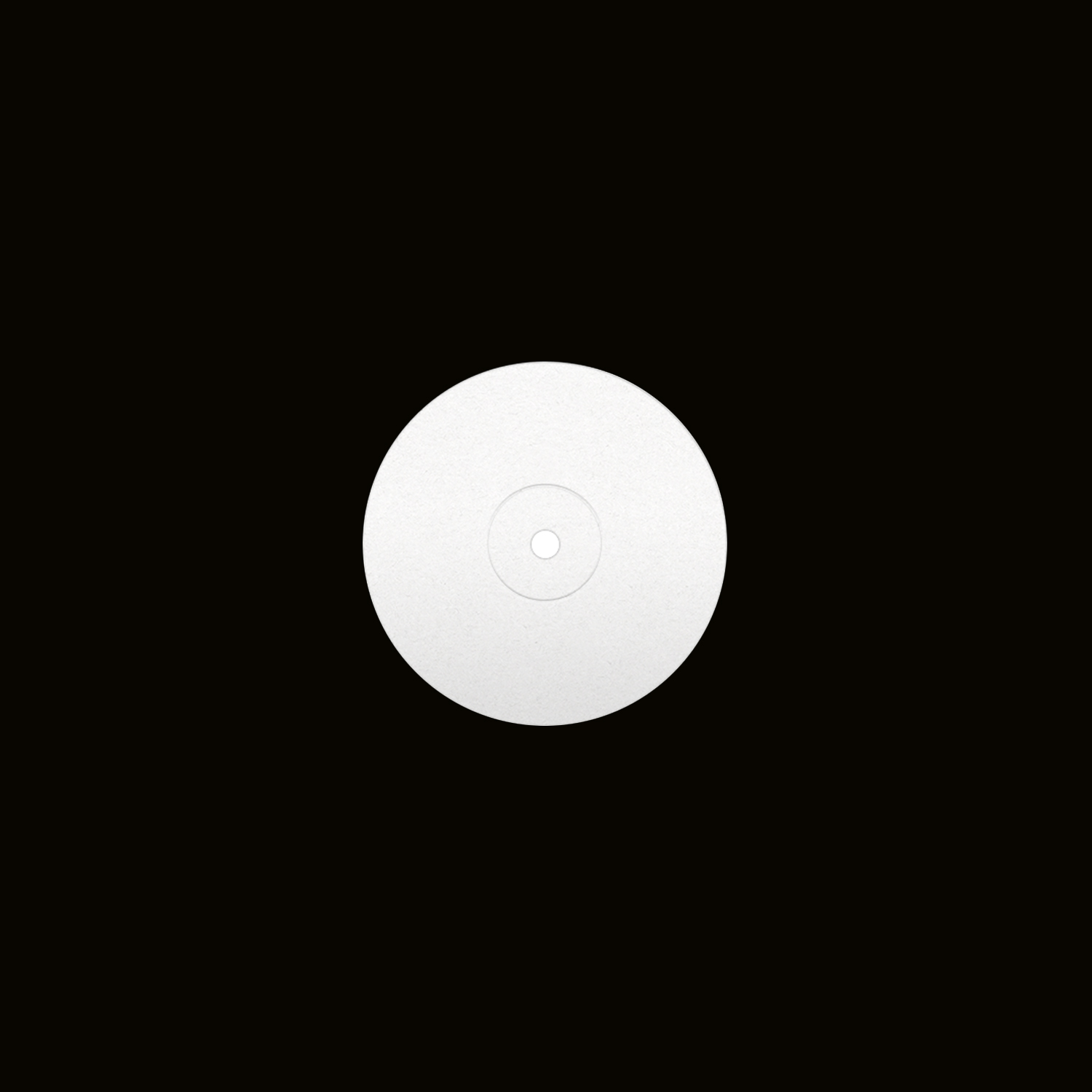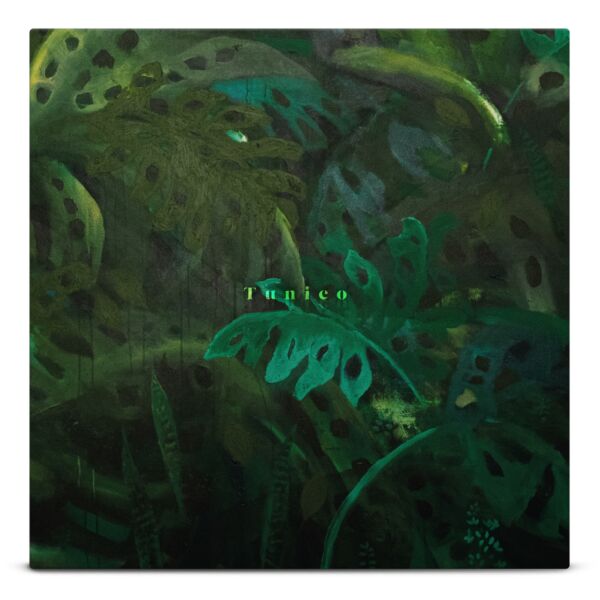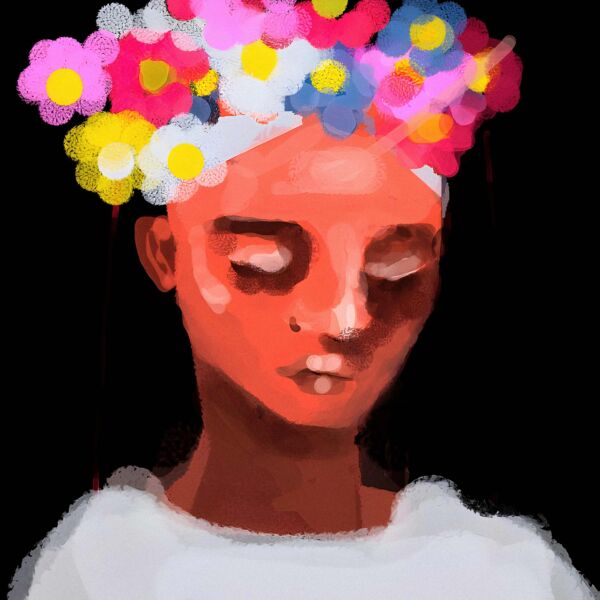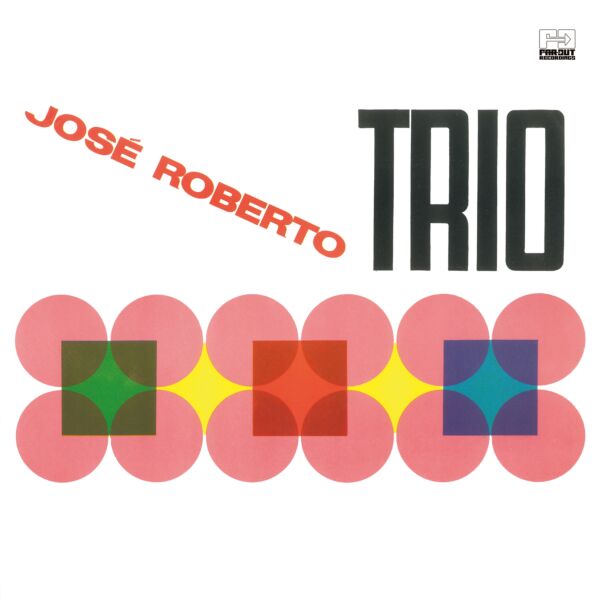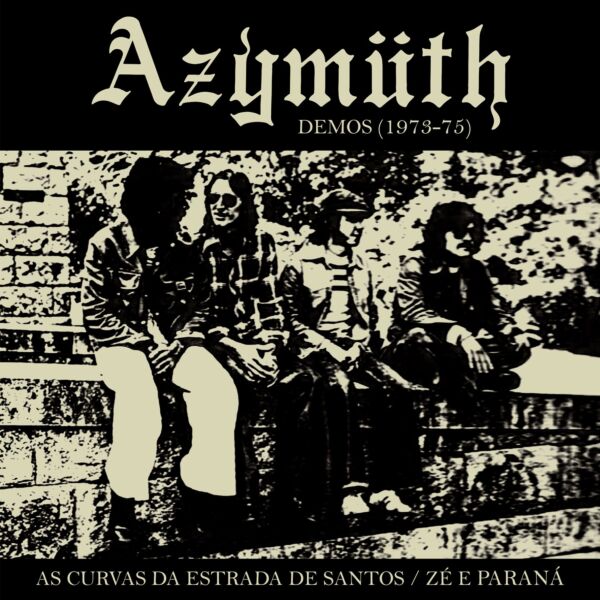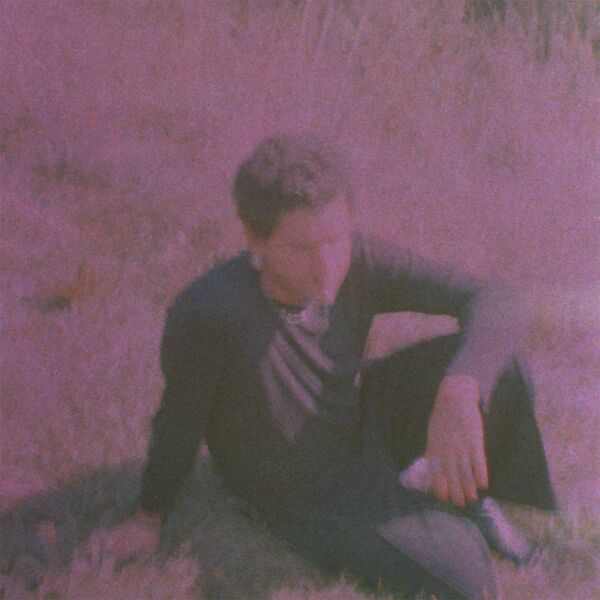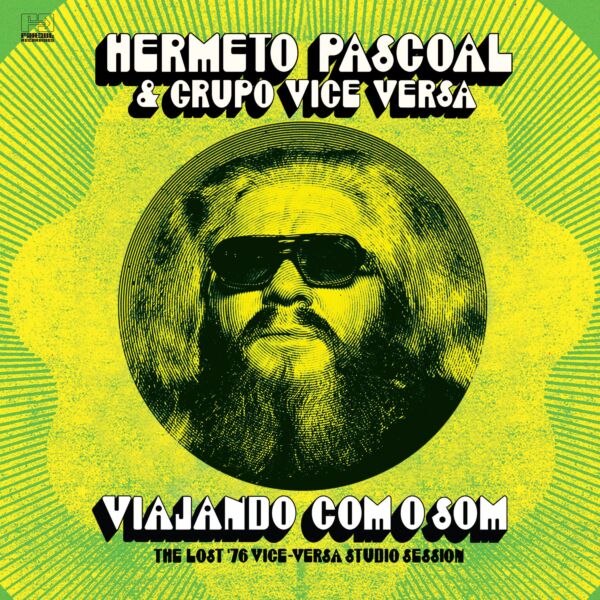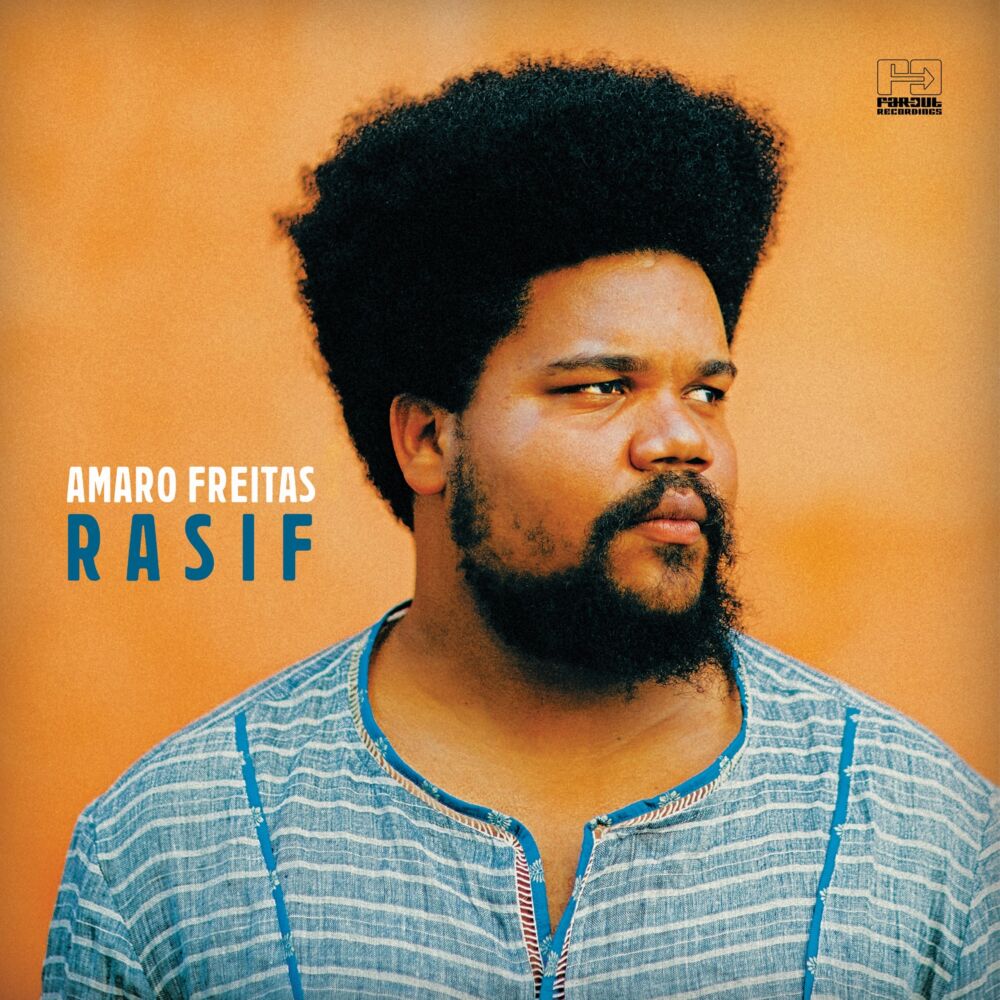
RASIF
180g Vinyl LP (incl. Download Code) Due for an Autumn release on Far Out Recordings, Rasif sees Amaro Freitas take a deserved step onto the world stage. From the Afro-Brazilian maracatu born on the sugar plantations of slavery, to the high intensity carnival rhythms of frevo and bai–o, Amaro's heavily percussive approach to jazz is as indebted to these Pernambuco traditions as it is to Coltrane, Parker and Monk.
| Genre | Jazz |
|---|---|
| Format | VINYL |
| Cat. no | FARO205LP |
| Label | FAR OUT RECORDINGS |
| Artist | AMARO FREITAS |
| Release Date | 19/10/2018 |
| Carrier | LP |
| Barcode | 5060211503689 |
Out of stock
Tracklisting
RASIF
Show more tracks Show less tracks + -
Album or track playing
TRACKLIST A1. Dona Eni A2. Trupé A3. Paço A4. Rasif A5. Mantra B1. Aurora B2. Vitrais B3. Plenilunio B4. Afrocatu INFO In the sweltering North-Eastern Brazilian state of Pernambuco lies the coastal city of Recife, where Amaro Freitas is pioneering the new sound of Brazilian jazz. For the prodigious young pianist, the spirit of his hometown runs deep. From the Afro-Brazilian maracatu born on the sugar plantations of slavery, to the high intensity carnival rhythms of frevo and bai–o, Amaro™s heavily percussive approach to jazz is as indebted to these Pernambuco traditions as it is to Coltrane, Parker and Monk. As with many of the greats before him, Amaro began playing piano in church aged 12, under the instruction of his father, leader of the church band. As his natural talents became obvious, the young prodigy quickly outgrew his father™s instruction. He won a place at the prestigious Conservatório Pernambucano de Música but had to drop out as his family could not spare the money for the bus fare. Undeterred, Amaro gigged in bands at weddings and worked in a call centre to fund his tuition. The transformative moment came at age 15 when Amaro stumbled across a DVD of Chick Corea concert, šhe completely blew my mind, I™d never seen anything like it but I knew that™s what I wanted to do with a piano›. Despite not actually owning a piano, Amaro devoted himself to studying day and night he would practice on imaginary keys in his bedroom, until eventually striking a deal with a local restaurant to practice before opening hours. By the age of 22 Amaro was one of the most sought-after musicians in Recife and resident pianist at the legendary jazz bar Mingus. It was during this time he met and begun collaborating with bassist Jean Elton and the pair went in search of a drummer. šWe kept hearing about this crazy kid who was playing in 7/8 or 6/4, we knew we had to meet him›. Hugo Medeiros joined, and the Amaro Freitas Trio was born. Following his critically acclaimed debut album Sangue Negro (black blood), the title of his sophomore release Rasif is a colloquial spelling of Amaro™s home town. A love letter to his native northeast, Amaro explores its traditional rhythms through the jazz idiom, employing complex mathematical patterns reminiscent of some of the most challenging works by fellow Brazilian masters Hermeto Pascoal, Egberto Gismonti and Moacir Santos. Preferring to see the piano as a though it were a drum with 88 unique tones, Amaro™s intelligence and emotion intertwine on every track, from album opener ˜Dona Eni™: a scorching reconstruction of the bai–o rhythmic structure, played in seven measures instead of two, to the serene homage to the coastal reef and its ecosystems on the title track ˜Rasif™. ˜Aurora™ is a suite of three parts, representing the sun™s journey from the light and soft of the rise, to the aggressive dissonance at its midday zenith and descending chromatic cadences as the sun sets. Due for an Autumn release on Far Out Recordings, Rasif sees Amaro Freitas take a deserved step onto the world stage. Having already made a name for himself in Brazil, Amaro and his phenomenal band will embark on their first European tour later this year. Amaro Freitas Piano Hugo Medeiros Drums & Percussion Jean Elton Double Bass Henrique Albino Baritone Sax, Flutes & Clarinet All compositions by Amaro Freitas Produced by Amaro Freitas Recorded by Bruno Giorgi @ Carranca Studio, Recife, Brazil Mixed and mastered by Bruno Giorgi @ Quarto Studio, Rio de Janeiro, Brazil Executive producer and management: Laercio Costa

